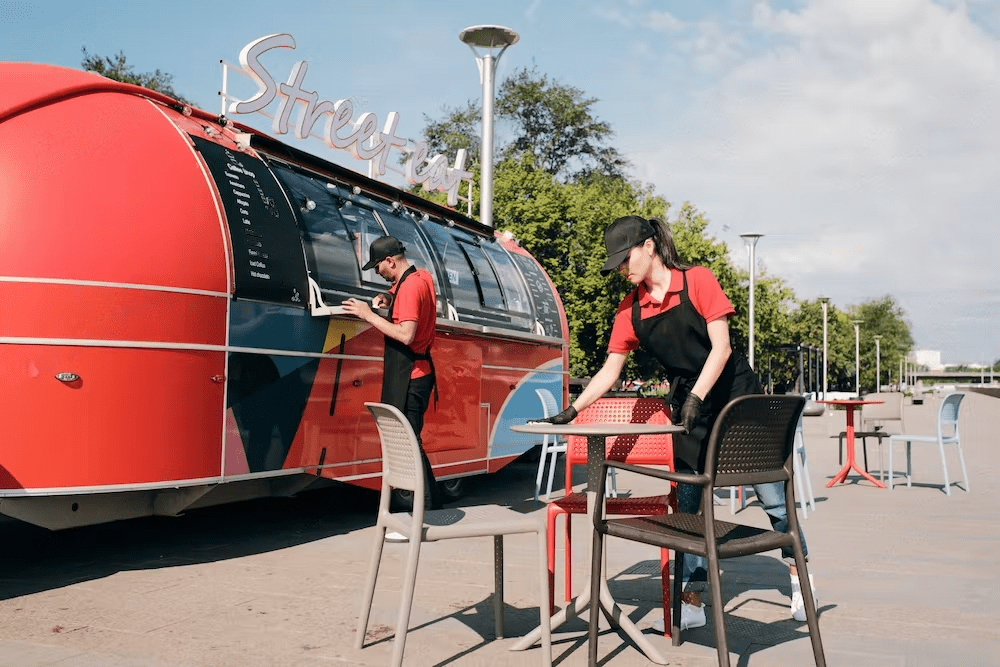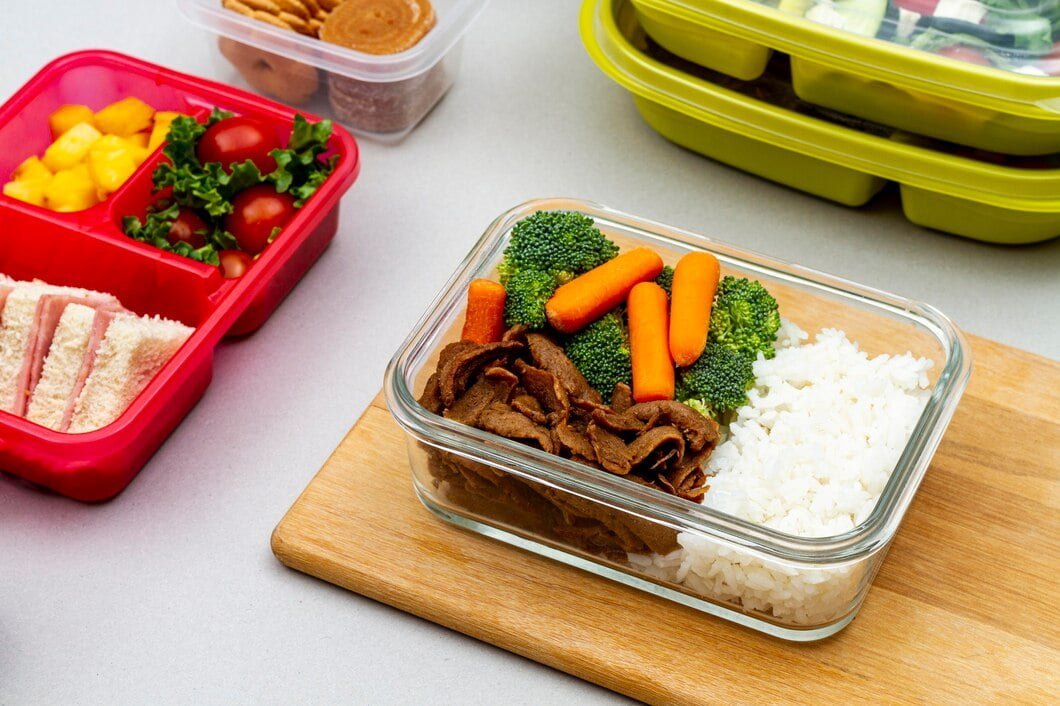A Complete Guide: How to Start a Mobile Catering Business

The mobile catering business provides food for events, picnics, or any other occasion where people gather in large numbers before or after an event. They are becoming increasingly popular as people want delicious and healthy food, which can be difficult for restaurants to provide.
The best way to succeed in this industry is by researching and understanding what other businesses are doing well.
Starting a mobile catering business is difficult, but it can be done with proper planning and research.
Make Sure Your New Catering Business Serves Up Something New to Attract Customers.
There are a lot of factors to consider when starting a catering business – but the most important one is how unique your product is. The mobile catering business is a booming industry in the United Kingdom. Mobile catering businesses have been steadily increasing their market share and are now seen as competent enough to be on a level playing field with other caterers.
With the growing competition, your catering business needs to keep up with the trends and offer something new to attract customers. The key to success in this industry is to have something unique that will attract customers and make them want to buy your products or services.
If you want to stand out in the crowd, your catering business should have a unique selling point (USP) to attract customers. This USP will differ from any other food truck, street food, or restaurant in the area. For example, if you offer a vegan-only menu or gluten-free street food options, those are two USPs that would set your food truck apart from others.
Get the Paperwork Sorted to Protect your Business Financially.
Register your Mobile Catering Business
Any business needs to take care of its finances. To ensure your business is protected, you must register with the local authority and get a trading license. It will make you a business entity, meaning you will have more rights and responsibilities than if you were an individual.
Registering with a local authority can be done online or in person. The process is simple, but you must make sure you have all available before starting.
You will need to provide your business name, address, contact details, VAT number and more for the local authority registration process. For the market authorisation process, you will need to provide your business name, address and VAT number along with other information about your business, such as its location and trading hours.
Food Safety Training

Food service businesses must comply with the guidelines and standards of the Food Standards Agency (FSA). There are many guidelines and standards that food businesses need to follow to ensure food safety. Mobile catering businesses are not just required to follow these guidelines, but should also provide training and education so their staff members can follow proper food hygiene.
The food safety training course is an essential step for catering businesses. It provides the knowledge and skills needed to understand the risks involved in food handling and preparation. The course also covers topics such as preparing and storing food and working safely with raw materials.
Decide what you’ll sell from Stall, Trailer, or Van
When starting a mobile catering business, you must decide where to sell from. This decision is often based on your business’s location and size.
If you are selling food, consider using a catering van. It can be used for indoor and outdoor events. It has an easy-to-use kitchen that makes it easier to prepare food for events. A van allows you to move around faster than a trailer or stall because it can be driven on roads.

If you want to enjoy being outdoors while making money, consider renting or buying a gazebo or stall. A stall is easy to transport in a standard car and provides shelter for your business while it is set up at your chosen location. It can also be used as an outdoor kitchen with a street food grill and sink.
If you want more flexibility, consider renting or buying a towable trailer instead of owning one that needs tires replaced every few months because it doesn’t have wheels. A trailer can be towed to any location and set up in minutes. It is easy to transfer from one location to another and transport food from one place to the next.
Conclusion
Mobile catering is becoming a popular business in the UK. This is because of its convenience, speed, and cost-effectiveness. If you’re looking for an opportunity to start a mobile catering business, consider the following benefits:
- You can work from anywhere and make money.
- It is easy to find customers, as you don’t need to be physically present.
- You can also use your marketing and social media skills to promote your business.
Mobile catering businesses are also a great way to start a new career because they provide growth opportunities.
FAQs
Can you park a food van anywhere?
The food van is the most critical part of a mobile catering business. If a company cannot park its food van in a particular location, it cannot provide its service. The law in the UK states businesses cannot park their vans on private property without permission from the landowner.
This question is tricky because different areas have parking regulations and laws. For example, some cities allow food vans to be parked on public streets, while others require them to be parked in designated spots.
Is selling food from home illegal in the UK?
Selling food from home is not illegal in the UK, but regulations govern the sale of food from home. The Food Standards Agency has a legal definition for what can and cannot be sold. They have set out strict rules on hygiene and safety standards that must be followed when selling food to ensure public health and safety.
Which food business is most profitable in the UK?
The most profitable food business in the UK is a bakery. It’s not surprising considering that it has the highest sales and the lowest costs. The bakery also has a high-profit margin and a low standard cost. The bakery industry is worth billions of pounds, and many types of companies operate within it.








